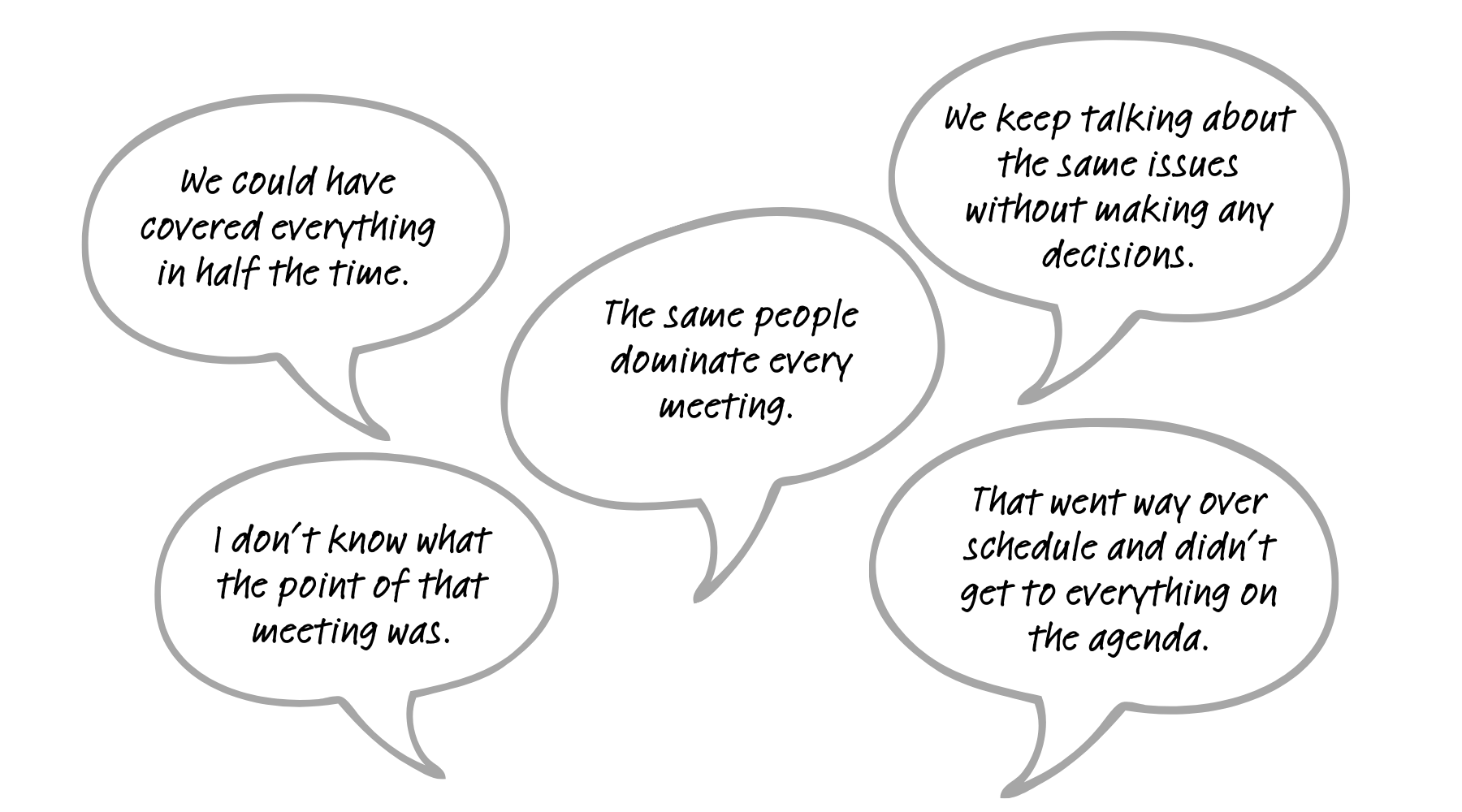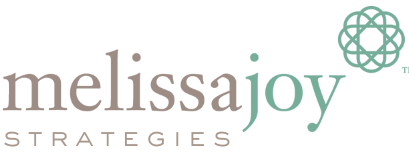
Let’s meet better
Awards are everywhere. Be it a Nobel Prize, employee of the month, or first place in a 5K run, excellence is regularly recognized and celebrated. (My granddaughter and I even won a first-place baking ribbon at the Washington State Fair for our French macarons, but that’s another story.)
How about an award for meeting excellence? (Meeting Maestro Award, anyone?) After all, most people spend many of their work hours in meetings. Shouldn’t we strive to make them productive and worthwhile?
Effective meetings may get little fanfare, but grumbles about the unproductive ones are hard to ignore.

An epidemic of ineffective meetings
Mediocre meetings are so common they’ve become acceptable. In today’s busy work environments, other priorities often overshadow the importance of meeting effectiveness. But can we afford this?
“If you had to identify, in one word, the reason why the human race has not achieved, and never will achieve its full potential, that word would be ‘meetings.’” — Dave Barry
Unnecessary and poorly run meetings are debilitating for everyone involved. A study in Management Research Review links bad meetings to “decreased employee engagement and increased emotional exhaustion.” Should we continue to accept the costs of subpar meetings, or do we strive for meeting excellence? Let’s take action and use our time and energy in meetings more effectively.
Lead the charge for meeting excellence
Everyone can lead great meetings that are rewarding to host and attend.

Meetings can energize and inspire and even elicit praise. Instead of operating on autopilot, take a moment to reflect and apply these four essentials for better meetings.
1. Justification. Is the meeting even necessary? Before putting a meeting on the calendar, consider the time, money, and energy costs of bringing everyone together.
- Can you justify asking others to make it a priority? A study by Slack reports that more than two hours a day in meetings is the tipping point at which most people feel overburdened by meetings.
- Can you justify the cost? (Estimate the cost of the meeting with this calculator.)
Often, what we assume requires gathering people together in real time can be done as well — even better — in asynchronous ways, such as:
-
- An email, survey, or post
- Conversations with individuals
- A recorded presentation to be watched before a meeting
“Meetings should be like salt — a spice sprinkled carefully to enhance a dish, not poured recklessly over every forkful. Too much salt destroys a dish. Too many meetings destroy morale and motivation.” — Jason Fried
2. Purpose. If you have a solid justification to hold the meeting, ask yourself: What do we want to achieve? A good reason for everyone to show up is necessary. There are no right or wrong answers; it’s the clarity of a single purpose that’s important:
-
- Unblock a specific challenge or opportunity from multiple perspectives
- Create clarity and alignment on current priorities
- Strengthen relationships to foster future cooperation between different departments involved in a collective project
3. Roles. Who needs to be at the meeting and why? Everyone receiving a calendar invite should know why they’re taking time from their day to be there.
Good meetings bring together only the people who fill roles relevant to the purpose. Adding a person just to be nice can drag things out and distract the folks who need to be there to get things done.
4. Preparation. Great meetings aren’t accidents; they need thoughtful planning and structure. Block time in your schedule to do this! Choose a format and flow that fits the purpose of the meeting and respects the time, energy, and expertise of everyone invited.
Don’t settle. Rise above the status quo of ineffective meetings and liberate more time and energy to engage in work that matters.
Let’s meet better.
